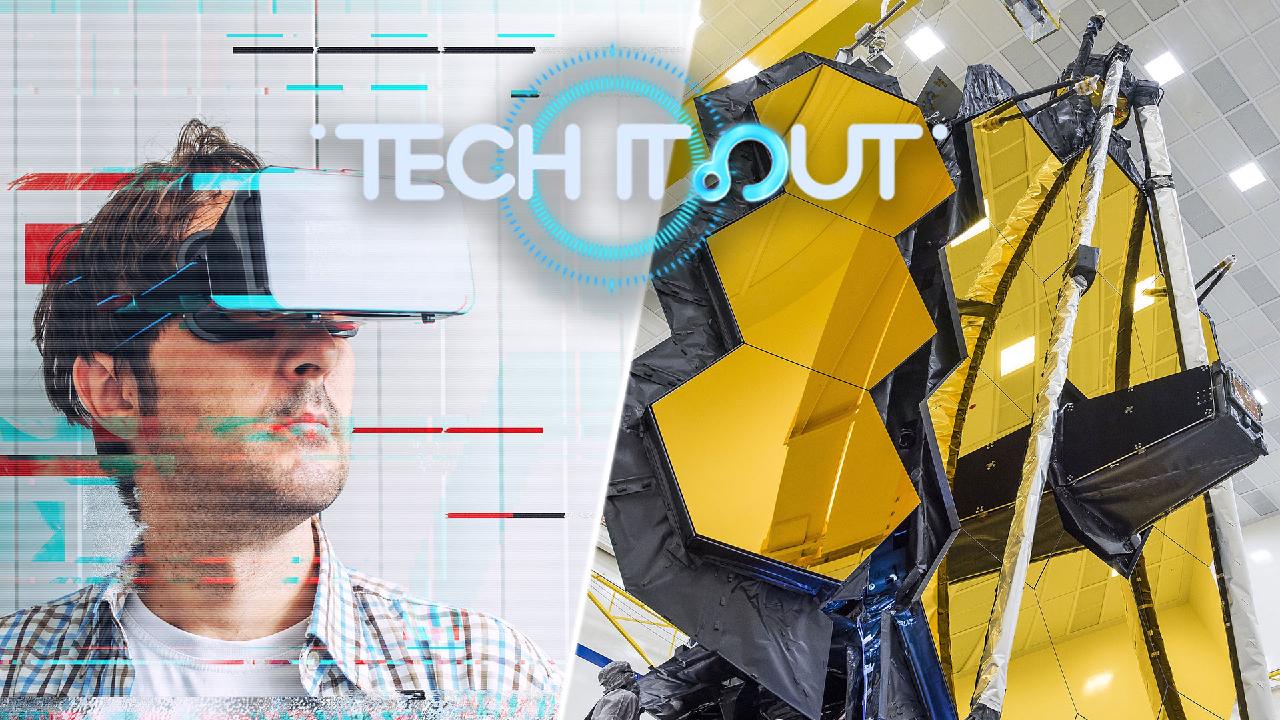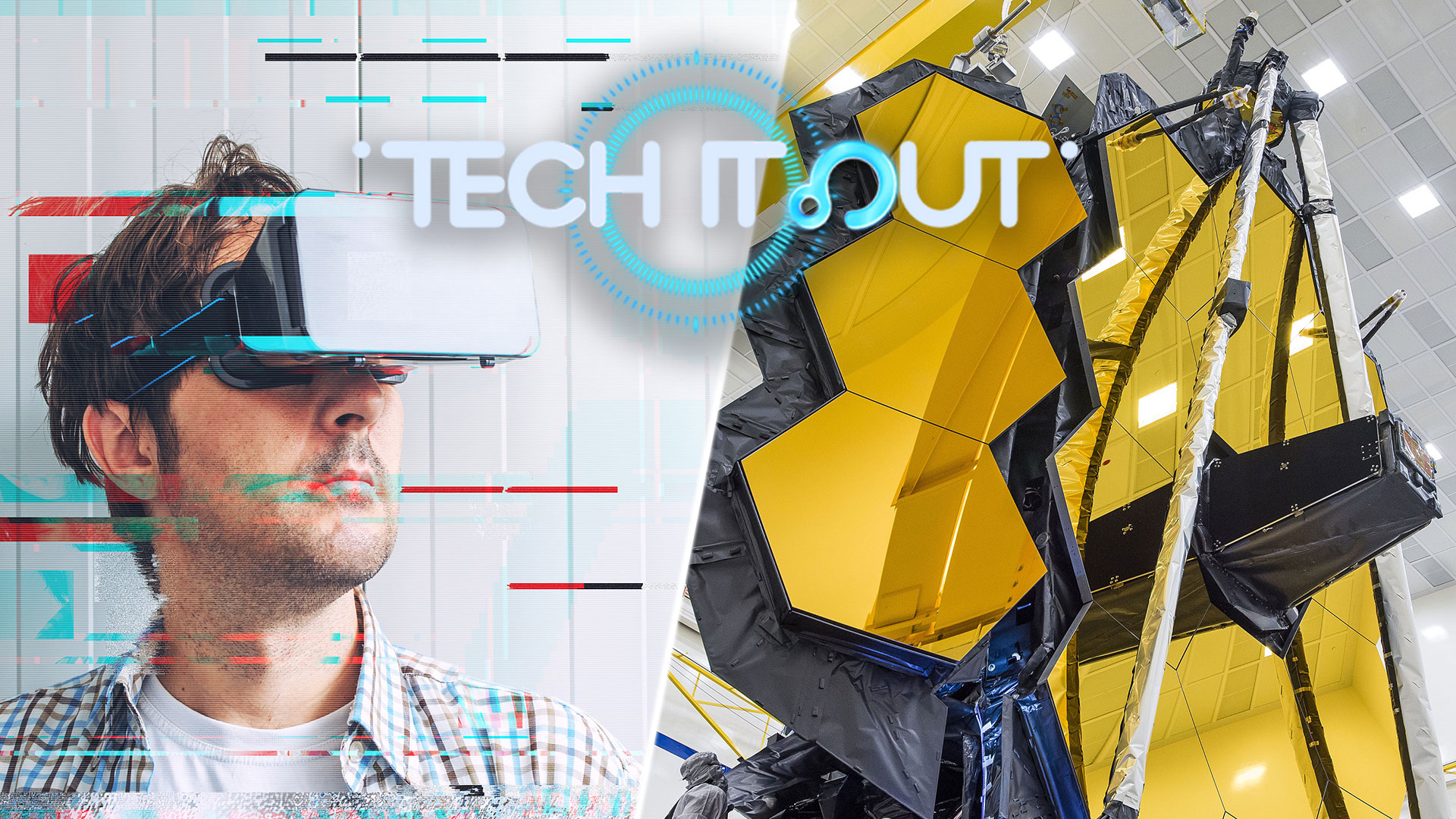Science Saturday: New space telescope, green tech and VR progress

In this edition of Science Saturday, we look at the latest news in the science and tech fields, ranging from space missions to virtual reality.
New space telescope
NASA delays the launch of its telescope. The James Webb Space Telescope was meant to be sent into orbit on December 18. But an “incident” occurred during launch preparations that induced a sudden vibration in the observatory. The U.S. space agency said further checks were needed before a firm date was set for the lift-off. The telescope is a successor to the veteran Hubble telescope. It aims to look further back in time, more than 13.5 billion years ago, than its predecessor. It will also study the atmospheres of distant planets to detect signs of life.
Space exploration
NASA launches the world’s first planetary defense system. The project involves crashing a robot spacecraft into the moonlet at 24,100 kilometers per hour. The plan is to bump it hard enough to shift its orbital track around the larger asteroid. If the mission is successful, it will mean that NASA is able to deflect an asteroid heading towards the Earth and prevent a potential doomsday collision with our blue planet. NASA said none poses a foreseeable hazard to humankind, but many asteroids remain undetected in the near-Earth vicinity.
Green technology
Norway unveils the world’s first electric autonomous cargo ship. The vessel, owned by fertilizer company Yara, is preparing to sail along the southern coast of Norway. It will first be controlled by a person, and then, become completely autonomous in two years. The container ship will be able to load and unload cargo, as well as charge batteries without human intervention. It’s expected to enter service early next year. And is seen as an important part of the country’s plans to reduce harmful emissions into the atmosphere.
Virtual reality
The U.S. Food and Drug Administration authorized a new virtual reality device to help ease chronic pain. The headset is called EaseVRx. It allows patients to enter an immersive 3D world where cognitive behavioral therapy helps them cope with their pain. This treatment helps to change patterns of thinking and develop effective ways to cope. It can be used in a variety of conditions to improve daily function and quality of life. The breakthrough device has been approved by the Food and Drug Administration.









